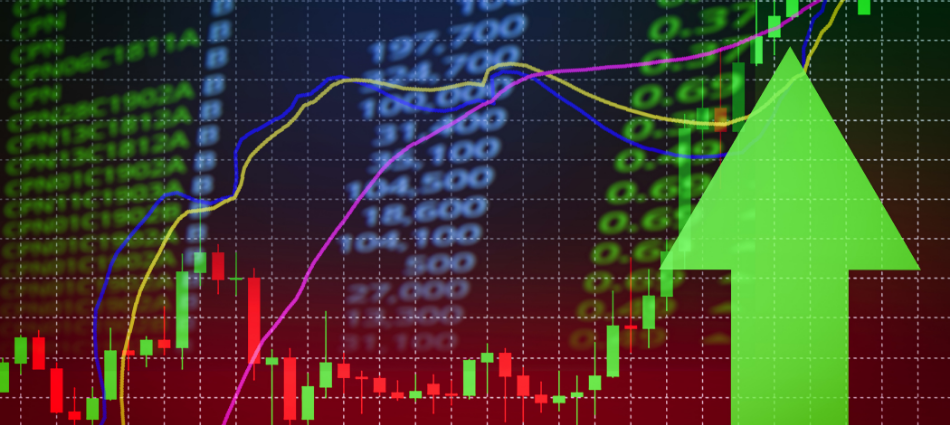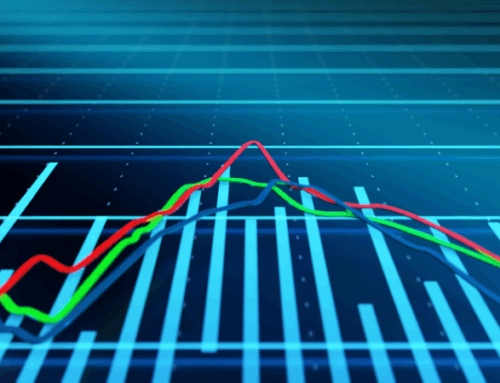The world of energy trading is complex, rigorous, and challenging. Energy trading, however, is a vital and often overlooked aspect of the energy markets. The trading of commodities is not always speculative in nature. Oftentimes, traders are utilized to hedge volatile energy index markets to promote price stability and allow the energy economy to operate efficiently. In this article, we will explore the various aspects of energy trading, hedging, and market speculation.
The Types Of Energy Trades
Before we discuss what is traded and how, we need to first look at each energy commodity market on its own. While energy markets are similar, the various trading products and strategies can vary. In this article we will explore electricity trading, natural gas trading, and oil trading.
Power Trading
Trading electricity is the most complex energy trade in the market. Because electricity cannot be stored and is consumed almost instantly after it is made, timing in power trading means a lot. Trading positions are tied to certain periods and must be unwound before expiration. Let’s look at some common electric trading methods.
Congestion Trading
Through the utilization of FTRs, or financial transmission rights contracts, energy traders are able to bet on the directional movement of congestion in a local power market, or use these tools to hedge costs. Because the price of electricity changes so frequently from location to location based on supply and demand in local markets, FTRs allow traders to buy rights to pathways on specific electrical transmission lines. When congestion rises at the end of a line, the cost to transmit power across the pathway increases as well as the value of the trade.
Electric Futures Trading
Another very liquid trading market is the power futures market. Because electricity is delivered, consumed, and paid for by suppliers in the real-time and day-ahead markets, electricity futures allow traders and hedgers to offset volatile spot market costs. Futures trading involves placing bets or hedges on futures contracts or forward contracts that are associated with certain electricity volumes and time periods. Forward contracts are private agreements made between two parties, and are traded over-the-counter (OTC). Futures contracts, on the other hand, are standardized contracts traded on centralized exchanges. These instruments allow energy traders to lock in prices for electricity in advance as a way to manage risk.
Bal-Day Trading
Bal-day electricity trading refers to the continuous buying and selling of electricity on the same day. This trading technique contains a contract that settles at the average on-peak real-time price for electricity at a particular location for the balance of a day. If a trader were to purchase a bal-day contract for $50/MWh and the real-time settles at $53/MWh, the trader would have made a $3 profit on the trade.
Natural Gas Trading
Natural gas trading involves various strategies and products, tailored to the needs of producers, consumers, and speculators. Here are several key types of natural gas trading:
Natural Gas Futures & Options Trading
Both futures and options allow natural gas traders to place bets or hedges on the price of natural gas in the futures market. While a futures contract requires traders to post larger amounts of collateral and take delivery of gas at the expiration of the futures contract, options simply give traders the right to purchase gas at certain strike prices. A futures contract must be sold, or unwound, at the time of expiration in order to avoid physical delivery. An option, however, can simply expire with no physical delivery risk. Energy speculators often utilize futures contracts and/or options to speculate on the directional movement of the market for profit, while hedgers utilize these trading contracts to predict future costs.
Natural Gas Calendar Spreads
Natural gas calendar spread trading involves speculating the difference in price between two futures contracts. This technique can also be used to hedge price volatility between two periods of time. Many natural gas traders use calendar spreads to hedge the seasonality of natural gas. An example of this would be if a natural gas supplier enters into a contract in June to sell 10,000 MMBtu of natural gas to a customer at a specific price the following December. Since December can often be quite volatile for natural gas markets, this supplier might sell a June futures contract and purchase a December futures contract to lock-in the calendar spread between the time periods. This allows the supplier to unwind his position and lock in his profit margin on the December gas delivery.
Natural Gas Basis Trading
While most financial trading for natural gas happens utilizing NYMEX contracts that are benchmarked at the Henry Hub delivery point in Louisiana, there are over 70 other natural gas delivery locations throughout the United States. The difference in prices between these locations is referred to as basis. Basis is calculated using the difference between the local price and the Henry Hub benchmark price. Gas traders can bet on directional movements of basis through financial swap instruments, or they can trade physical natural gas by arranging for the purchase, transport, and delivery of natural gas between two locations. Another way to trade basis is to make agreements with pipeline operators to lock in transportation costs between two delivery points. If the price between these points increases, so does the value of the transportation contract.
Oil Trading
Oil and natural gas trading share several similarities, primarily due to the fact that both commodities can be produced and stored. Both markets utilize similar trading instruments that allow both speculators and hedgers to place trades in the commodities. For example, both fuels have a spot market, futures market, calendar spreads, options, and so forth. Oil traders and natural gas traders are often both watching the same market fundamentals to predict movement in the market as both commodities share similar characteristics.
Risks And Opportunities With Energy Trading
While energy trading can seem quite risky to most, there is a lot of benefit to the market as a whole. Without energy trading retail energy suppliers and energy brokers would not be able to offer fixed energy rates to their customers. Furthermore, large power plants and natural gas producers would not be able to secure future revenue and financing for their operations. While speculating in the energy markets for profits can be quite risky, utilizing energy traders for hedging is needed to keep the market operating efficiently.
Want To Learn More About Energy Trading?
At Diversegy, our team of energy experts has over 100 years of combined experience in the U.S. energy markets. In addition to our internal resources, we often collaborate with our counterparts in our sister companies that have insights into wholesale energy markets and commodity market data. If you want to learn more about energy trading and how it applies to your energy broker business or commercial organization, contact our team today.



